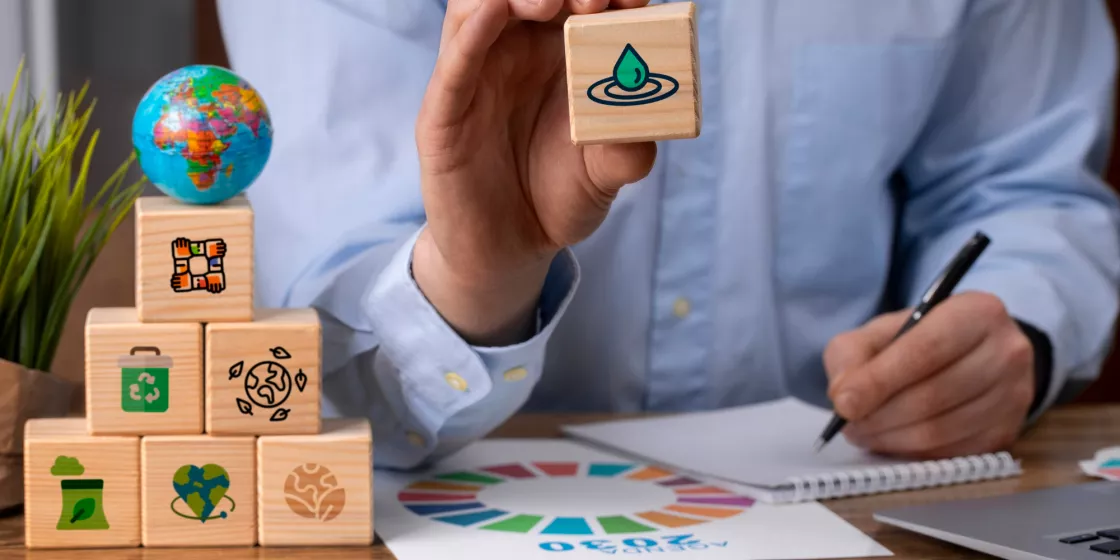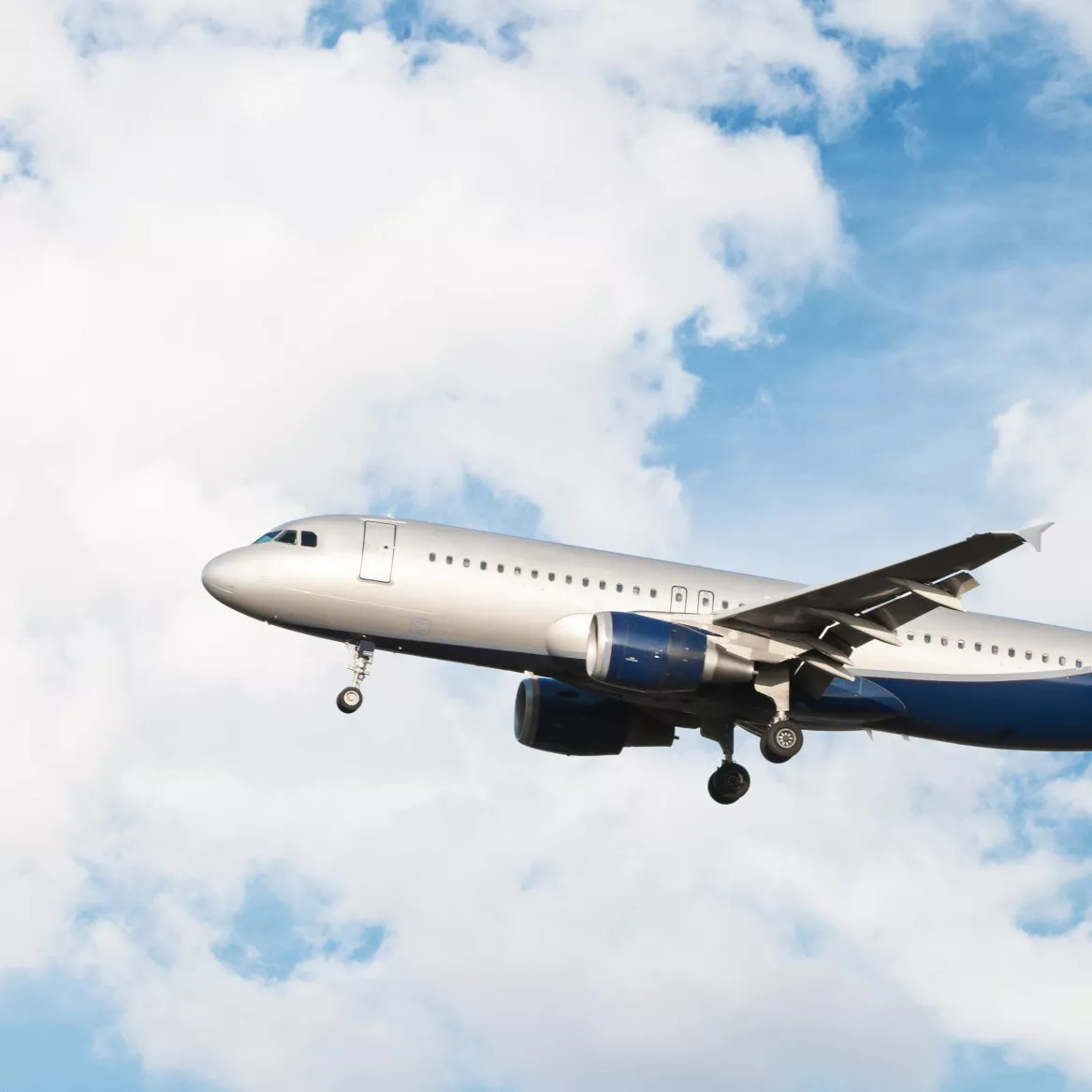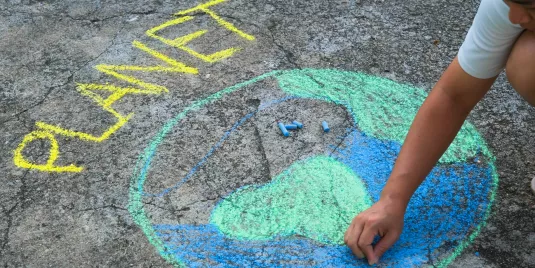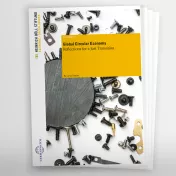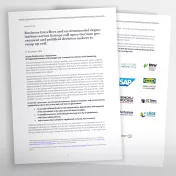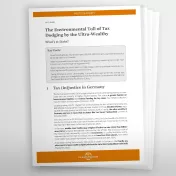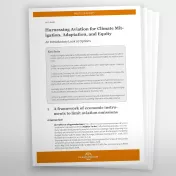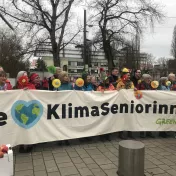Nachhaltiges Engagement durch den sozialen Handabdruck
Als Ergänzung zum ökologischen Fußabdruck setzt das Konzept des sozialen Handabdrucks eine neue Perspektive: Auf gesellschaftliches Engagement. Der Handabdruck soll Menschen ermutigen und motivieren, sich aktiv für Klimaschutz einzusetzen. Das Ziel ist es, Strukturveränderungen anzustoßen und nachhaltiges Handeln zum neuen Standard zu machen. Mit dem Bildungsprojekt #climatechallenge unterstützten wir Handabdruck-Aktionen in ganz Deutschland und laden dazu ein, Veränderungen anzustoßen und den eigenen Handabdruck zu vergrößern.
Auf der Themenseite zum Handabdruck finden Sie zahlreiche Ideen und Materialien, um Ihr Engagement für den Klimaschutz zu erweitern.
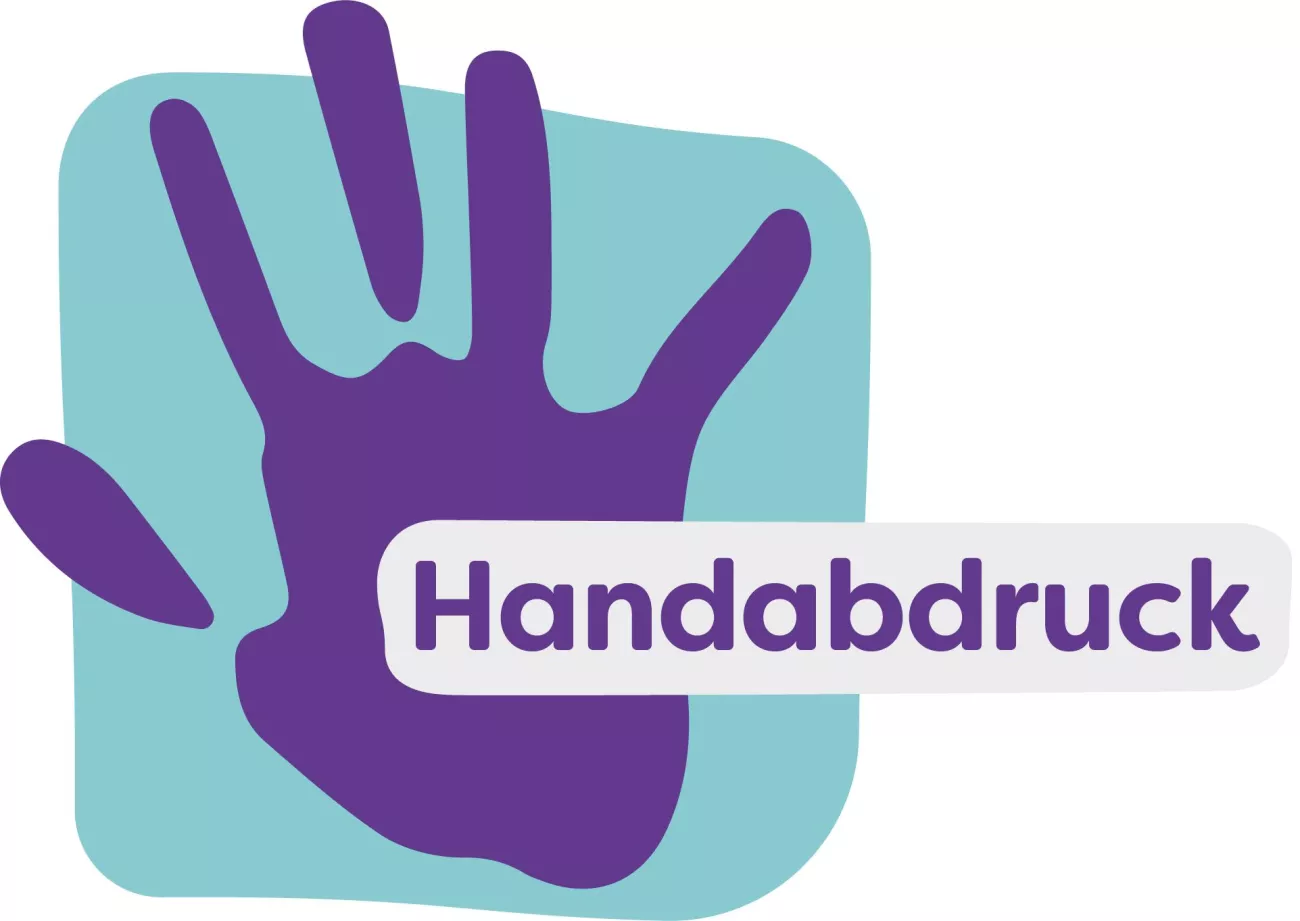
Wohin mit alten Elektrogeräten?

Foto: Shutterstock
Alte Smartphones, PCs und Laptops enthalten noch wertvolle Rohstoffe, trotzdem verstauben allein in deutschen Haushalten mehr als 200 Millionen ausrangierte Handys in Schubladen und Schränken. Bei jeder:m zweiten Hanynutzer:in liegen sogar mehr als drei unbenutzte Handys zu Hause. Dabei gibt es zahlreiche Möglichkeiten die alten Geräte nachhaltig weiter zu nutzen, indem diese gespendet, getauscht oder weiterverkauft werden.
Aber wo genau kann ich mein altes Handy nachhaltig entsorgen oder weitergeben? Wir haben für Sie einige Tipps, Plattformen und Anlaufstellen für den Umgang mit alten Elektrogeräten zusammengestellt.
Wirksamkeit von lebensrettenden Antibiotika erhalten
Antibiotika sind lebensrettende Medikamente, die besonders bei der Behandlung von schweren Erkrankungen von Menschen und Tieren unverzichtbar sind. Doch der hohe und regelmäßige Einsatz in der industriellen Tierhaltung birgt die Gefahr, dass Antibiotika ihre Wirkung verlieren. Die Haltung der Tiere begünstigt die Ausbildung von antibiotikaresistente Erregern. Diese können dann über die Umwelt oder über tierische Erzeugnisse auf den Menschen übertragen werden. Germanwatch setzt sich für eine strengere Regulierung der Antibiotika-Nutzung ein, damit diese ihre Wirksamkeit erhalten und auch in Zukunft in der Medizin verwendet werden können.
Mehr erfahren über Antibiotika in der Tierhaltung? Auf unserer Themenseite finden Sie ausführliche Informationen.
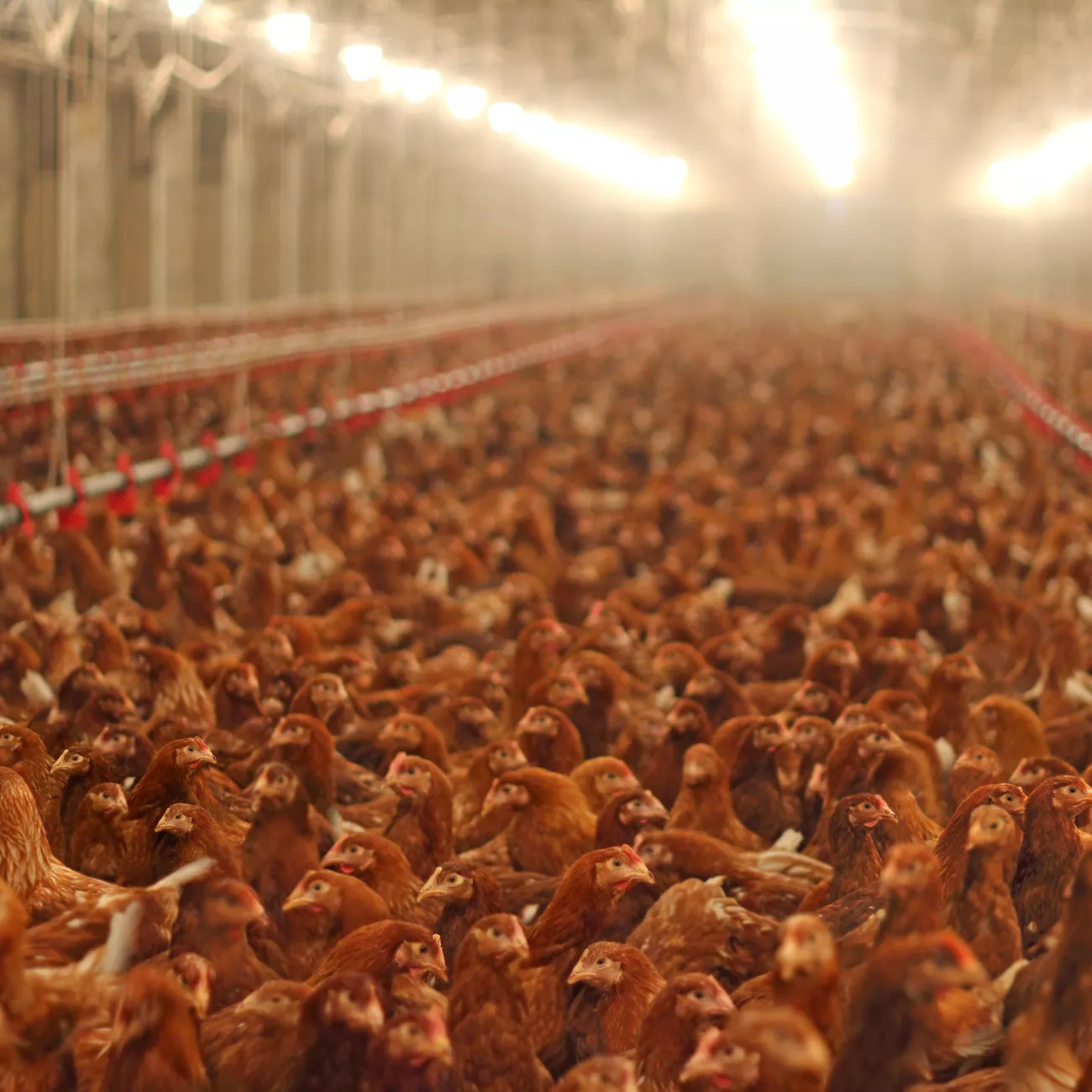
Mobilitätsbudget statt Dienstwagenprivileg
Während die Treibhausgasemissionen in Deutschland im Vergleich zu 1990 insgesamt sinken, sind die Emissionen des Verkehrssektors relativ gleichbleibend. Das liegt unteranderem am zunehmenden Individualverkehr, denn Pkws sind etwa für 60 Prozent der CO2-Emissionen im Verkehrsbereich in Deutschland verantwortlich. Vorgaben für die Art der jährlichen Pkw-Neuzulassungen können diesen Anteil erheblich beeinflussen, insbesondere die neu zugelassenen Dienstwägen, die schätzungsweise 20 Prozent ausmachen. Durch die aktuellen Vorgaben des Dienstwagenprivilegs werden klimaschädliche Fahrzeuge und Nutzung gefördert.
Zudem profitieren vor allem besserverdienende Beschäftigte. Germanwatch fordert daher das Dienstwagenprivileg durch ein Mobilitätsbudget zu ersetzen, in dem auch ökologischen Formen der Mobilität gefördert werden.
In unserem Blogbeitrag sind ausführliche Informationen für Sie zusammengestellt.
Wenn schon fliegen, dann atmosfair!
Seit über dreißig Jahren setzt sich Germanwatch für verbindliche Regulierungen der Treibhausgasemissionen im Flugverkehr ein. Mit dem Flugzeug zu reisen ist aufgrund der hohen Treibhausgasemissionen klimaschädlich und die beste Option ist es darauf weitestgehend zu verzichten. Wenn das nicht möglich ist, hat Germanwatch gemeinsam mit Partnern die Initiative „atmosfair“ mitentwickelt. Mithilfe des Emissionsrechners können Flugreisende die verursachten Emissionen ausrechnen und diese durch eine Zahlung ausgleichen. Das Geld wird dann in beispielsweise Solar-, Wasserkraft-, Biomasse- oder Energiesparprojekte investiert. Dieses freiwillige Instrument schafft Klimagerechtigkeit.
Sie planen eine Flugreise und möchten die verursachten Treibhausgase ausgleichen? Bei atmosfair finden Sie den Emissionsrechner.
